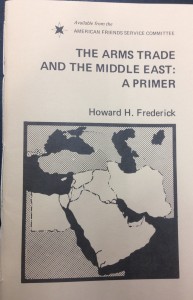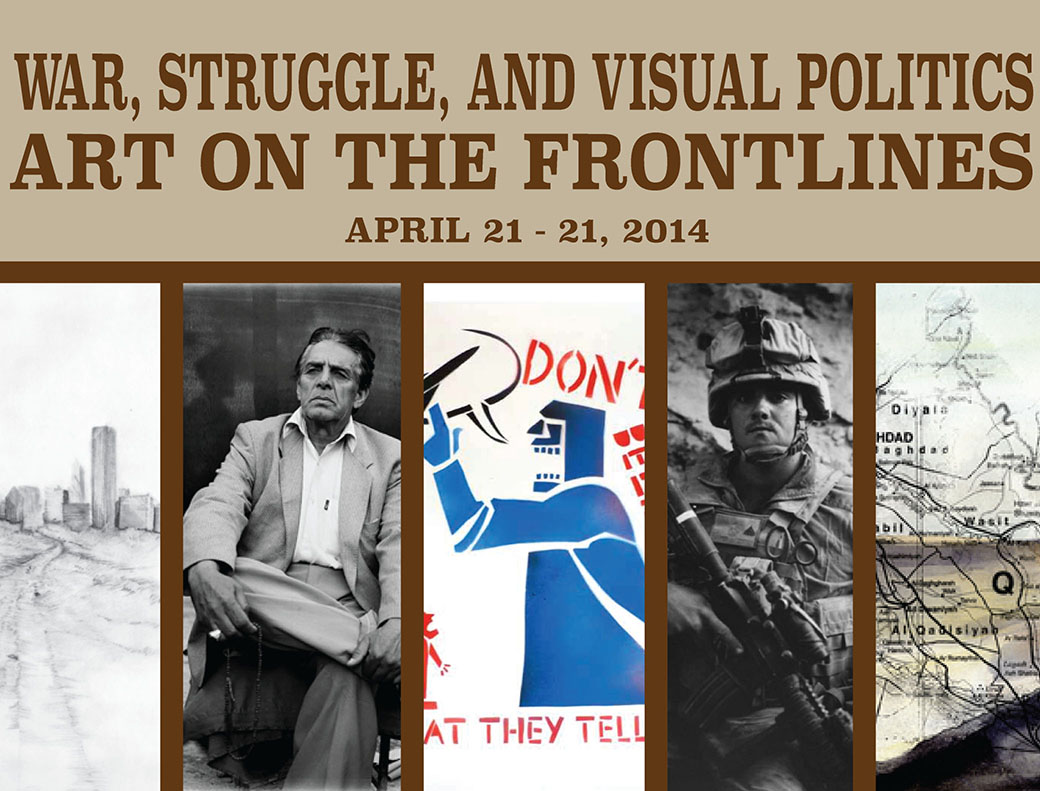I am a senior Political Science Major, with minors in history and human rights. I initially chose my internship with the Dodd Archives because of its unique holdings. Most famously, the Nuremburg Trial Papers have been examined by many scholars for the fundamental groundwork they laid for human rights advocates. As one of the youngest members of the millennial generation and one of the last children to remember watching the 9/11 attacks on television I feel a certain draw towards researching the Middle East. Furthermore, my involvement with the human rights program at the university has given me a distinctive outlook on international foreign involvement in the Middle East. The Arab Spring began while I was in my first year of undergraduate studies, and has continued to make headlines since. As a historian and political scientist I have noticed that the American population seems to have a short-term memory when it comes to American involvement abroad. I will attempt to remedy this phenomenon through my posts by concentrating on linking historical to contemporary international involvement in the region.

The Arms Trade of the Middle East: A Primer, by Howard H. Frederick
Towards the end of the 1970’s the Middle East was going through a transformative period. This transformation was facilitated principally by the unrestricted and indiscriminate selling of weapons from the United States and NATO allies and USSR into the region. The Arms Trade of the Middle East: A Primer, by Howard H. Frederick published in 1977 extensively details the arms trade between Western and Soviet regimes to the authoritarian monarchs of the Middle East.
The underlying problem with the arms trade outlined by Frederick in the periodical is the military industrial complex in place during the Cold War produced a need for selling American weapons around the world to benefit domestic defense contractors. One candid figure quoted by Frederick estimated the sale of one jet fighter earns back more dollars than the sale of one thousand automobiles. However, once weapons are sold to allies or enemies alike they become commodities on the world market. The following excerpt illustrates the totalizing system of the global commodity arms exchange:
Jordan sold American fighter aircraft and defense systems as well as British tanks to South Africa. British arms bought in New Zealand are being used by Irish Republican Army against British soldiers. US arms left over from Vietnam were sold at a Bangkok auction to a French dealer who in turn sold them to the rightist militias in Lebanon. US arms sold to Israel were used by Lebanese rightwing militias.
-Christian Science Monitor, August 25, 1976
Continue reading →



